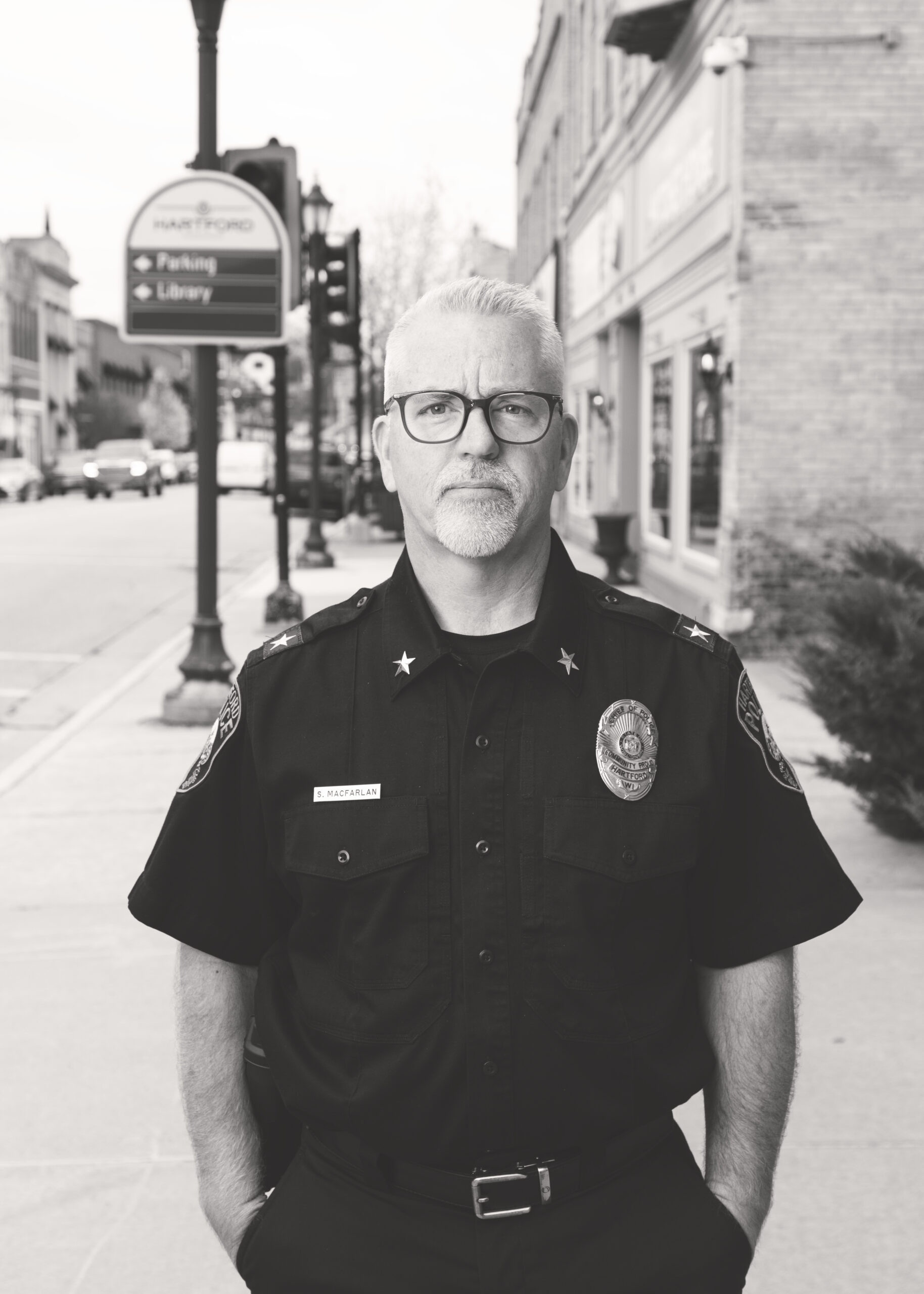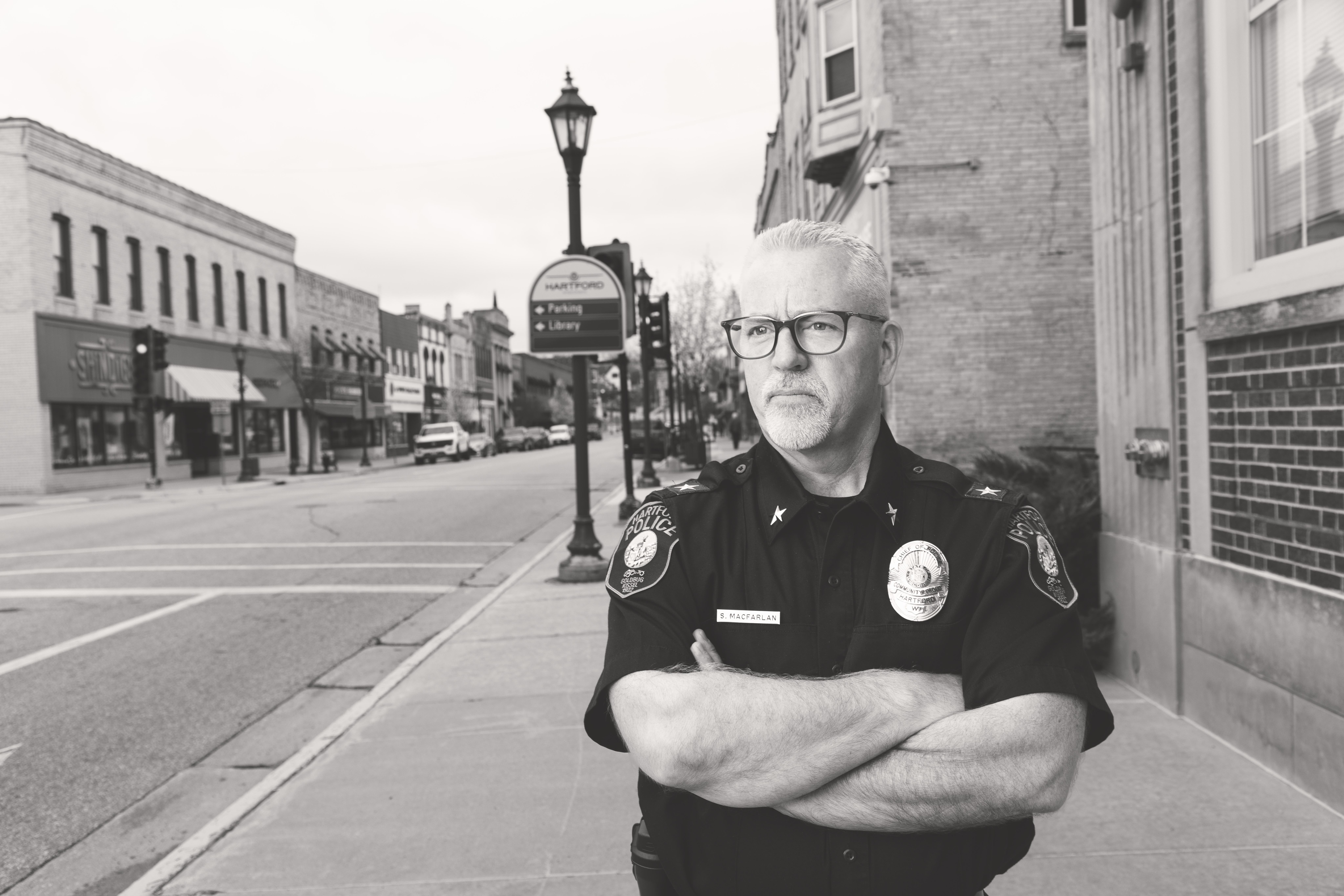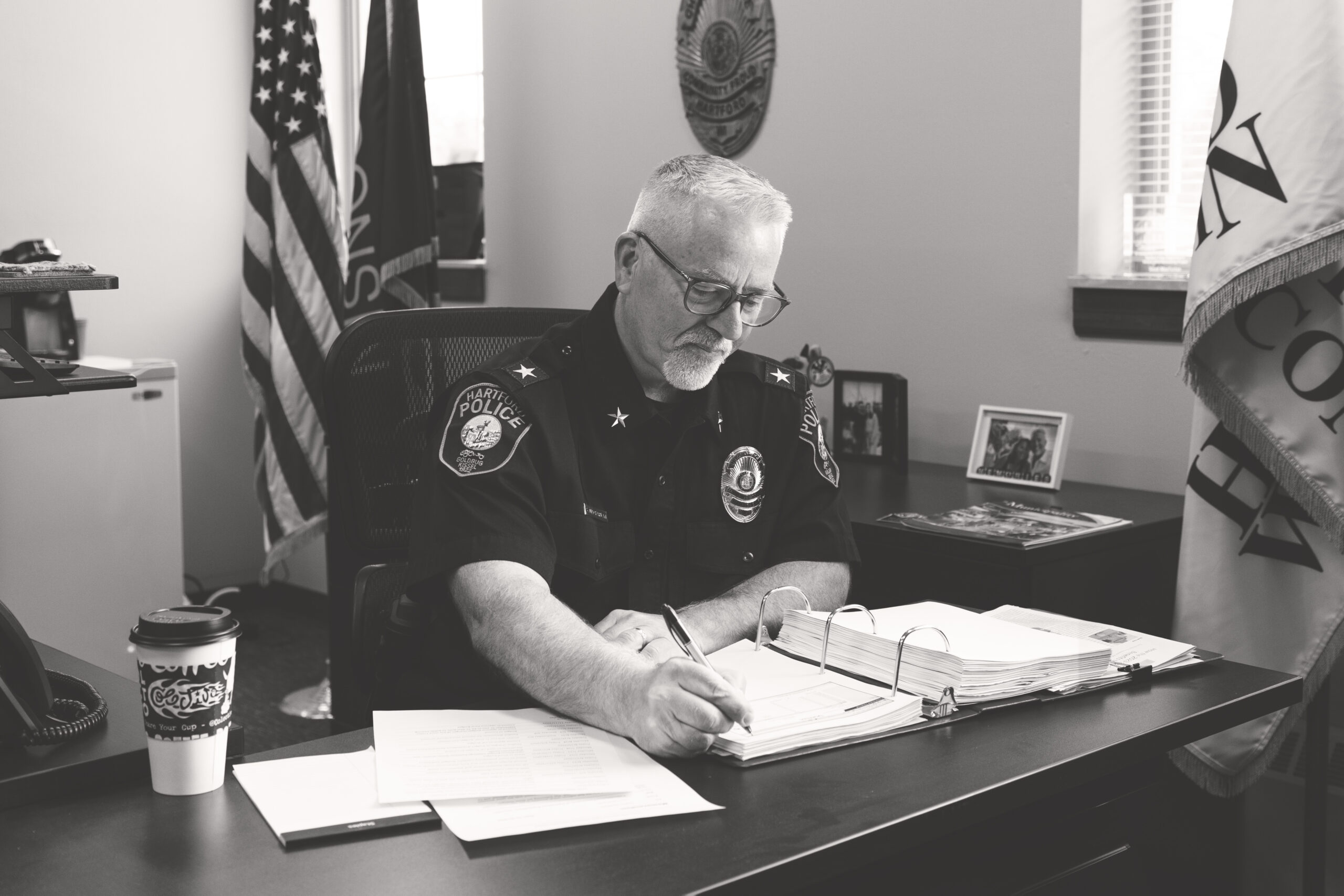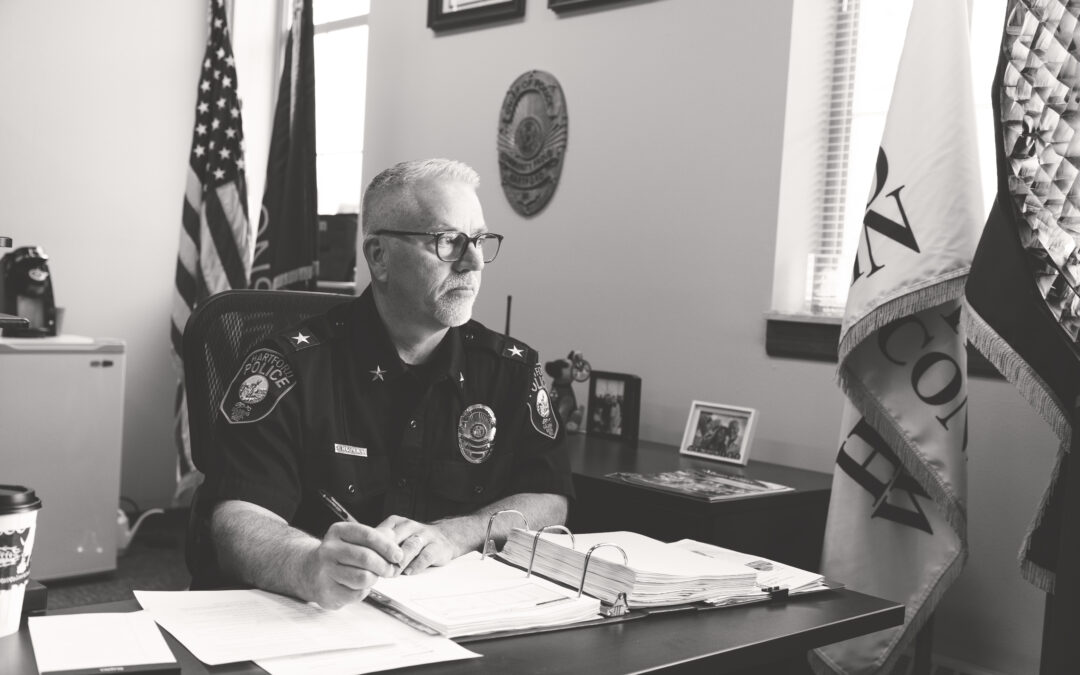The opioid epidemic is one of the issues at the forefront of law enforcement. It affects all socioeconomic groups and does not discriminate.
Earlier in my law enforcement career, abusing illicit opioid substances like cocaine and crack were replaced by abusing prescription medications. They were cheaper and thought to be safer. Law enforcement work cooperatively to host drug takeback events. This, along with a crackdown on rouge doctors overprescribing, made the diversion of prescription medications more difficult. It was a very successful campaign. In fact, the effort was so successful, it pushed users to seek out other options. Heroin filled the void. It was cheaper than prescription pills. For a period of time, heroin was the drug of choice, but the unpredictability of it led to an increase in overdose cases. That issue was made worse by the fact that at some point, the heroin was being mixed with fentanyl. This new and unpredictable combination took many lives.
It is now a normal practice for law enforcement officers to receive training in and carry Naloxone while on patrol. We continue to participate in two drug take back events each year and even have a drug take back box in our lobby. We work closely with other social service agencies to get the message out regarding the risks of abusing drugs. We are on a never-ending mission to message about and enforce illicit drug use and will continue to do so for the sake of the community.

What reforms would you like to see implemented within our legal, legislative and/or community frameworks to support individuals in overcoming addiction?
I would like to see more resources put towards such programs as drug treatment court. I believe that type of accountability and wrap around care would ensure success for more individuals who are seeking to go down a new path in life that doesn’t include drug abuse.

How has the opioid crisis impacted you?
It is closely associated with an increase in crimes related to the drug trade. This creates additional work for law enforcement and increases the danger to officers who are in the community enforcing the laws surrounding drugs.

Do you work or volunteer your time within the recovery community? Tell us about the work you do.
We work closely with Washington County’s drug treatment court. We help to monitor the behavior of individuals who are in the program and work to ensure their success.
How can you help:
- Carry Narcan. If you see someone who is possibly overdosed, you can help save their life.
- Funding for the opioid crisis has come to a halt from the government. Donate to Start Healing Now. Your donations help provide funding for those in recovery. The funds also go to installing overdose aid kits in high risk areas. Currently we have over 4,000 kits in the US.

